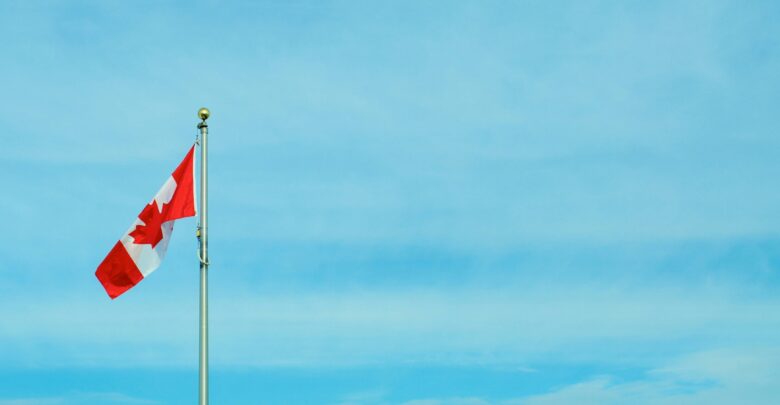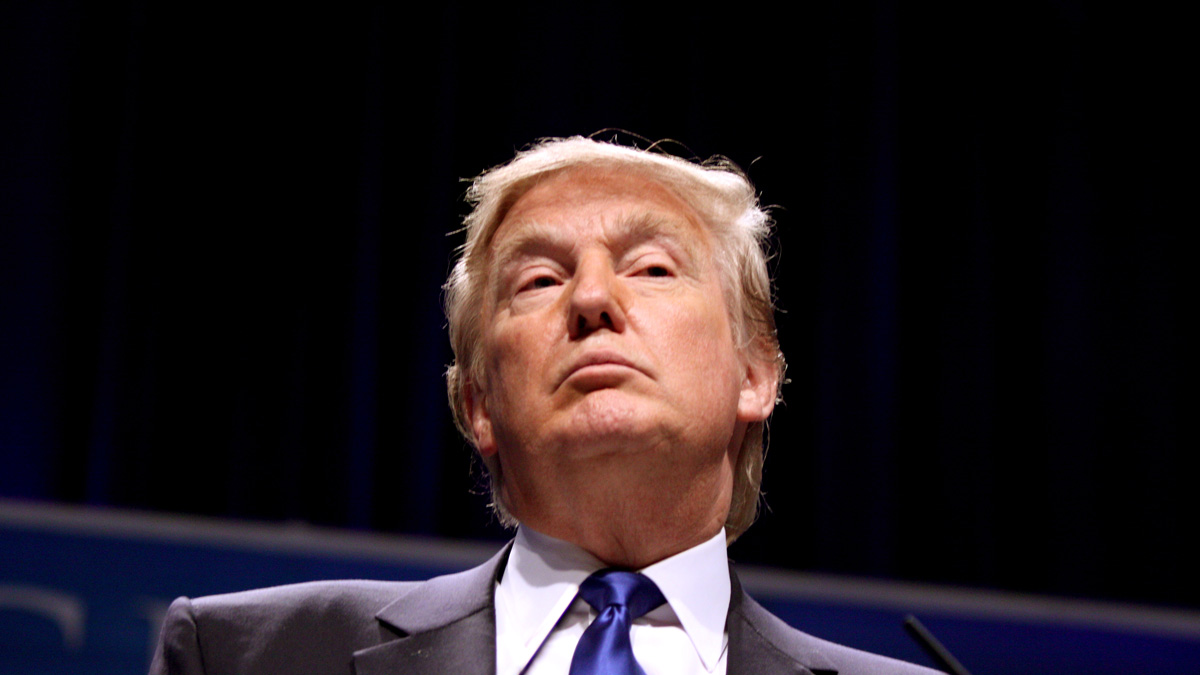 Owen Farmer
Owen FarmerAt a Canada-United States (U.S.) business summit held in Toronto on February 7, Prime Minister Justin Trudeau was overheard admitting that U.S. President Donald Trump’s threats to annex Canada are “real.” Little did Trudeau know, he was caught on a hot mic. Prior to this, Trudeau and other politicians maintained the notion that Trump’s statements and social media posts were nothing more than jokes. Trudeau’s comments add a very real legitimacy to Trump’s threats, which is a sign for the country to come together.
Trudeau was heard saying that he thinks the Trump administration wants to take advantage of Canada’s many critical minerals. “Mr. Trump has it in mind that one of the easiest ways of doing that is absorbing our country. And it is a real thing,” Trudeau said.
Trudeau hosted the summit in the wake of Trump’s largely delayed 25 per cent tariffs on Canadian goods. Since Trump took office, he has promised tariffs on Canadian and Mexican imports, the U.S.’s biggest trade partners. Alongside this, he’s consistently made alarming expansionist statements. He has threatened to annex Canada, the Gaza Strip, Greenland, and the Panama Canal.
At the beginning, it absolutely could have been just a long string of bad jokes. But now, it has rapidly progressed to legitimate threats. Trump has said he does not plan to use military force to annex Canada, opting instead for “economic force.” His reasoning being that we “don’t have a threshold of pain” and would fold under economic pressure and join.
Canada’s leaders have repeatedly stated that Canada will not become an U.S. state. But so far, there hasn’t been much co-operation or unity in even so much as a response to the tariffs. Alberta’s own United Conservative Party (UCP) Premier, Danielle Smith, did not co-operate with the tariff response. This was despite the rest of the premiers doing so. She even went as far as seemingly trying to play buddy-buddy with Trump in Mar-A-Lago. But, ever since she was disinvited from Trump’s inauguration due to a venue change, she seems to have decided at last to be a team player, when the premiers met with senior White House officials on February 12.
It shouldn’t have taken a hit to her ego before she fell in line to properly combat these threats. Still, Smith is resistant to the idea of cutting off energy to the U.S., despite our resources being the reason Trump seems to want to annex us. Instead of folding to the whims of the U.S. government, we need to stand together and maintain our strength.
Smith is not the only conservative politician who has proven difficult in light of these threats. Conservative Party leader Pierre Poilievre has stated that “Canada will never be the 51st state. We will be a strong, independent, sovereign country.” But, he has been unable to talk about Canada’s response without complaining about Trudeau’s leadership. This makes us look divided and vulnerable. Again on February 10, Poilievre complained about Trudeau when announcing plans to open an air force base in Iqaluit, Nunavut. This plan is in response to threats from Russia, which Poilievre cited in his announcement. Yet when it comes to consistent verbal threats from the U.S. Government, Poilievre isn’t so ready to commit to taking action.
Instead, Poilievre has been blaming the Trudeau leadership as much as humanly possible. Which, at this point, does not make much sense either as Trudeau has announced he will resign. Poilievre needs to realize how critical it is for Canada to seem united. It’s not Trudeau or the Liberal Party who will face the consequences of Poilievre’s nonstop complaints — it’s Canada.
In contrast, Doug Ford, Ontario’s conservative premier, has been putting Canada first from the beginning of these threats. He has been vocal about maintaining Canadian sovereignty alongside the Liberal government. While Poilievre has been busy fighting Trudeau, Ford has been holding a steady stance that his “number one job is to protect Ontarians and Canadians as a whole.” Ford has even gone as far as to threaten to cut off energy supply to the U.S.. The rest of our conservative politicians need to follow Ford’s example of setting aside partisanship to combat this threat as a nation.
Federal New Democratic Party (NDP) leader Jagmeet Singh has even said he’ll work with the Liberal Party to combat these threats. This is despite his rocky relationship with the Liberal Party and his commitment to vote Trudeau out. Certain conservative politicians should look to Singh as an example of setting aside differences for a greater, more pressing cause.
Unity is the most important thing when responding to threats against our sovereignty. Our resources aren’t up for grabs, and to defend them, we need to present strength. Partisanship can wait — our well-being as a nation can’t.




